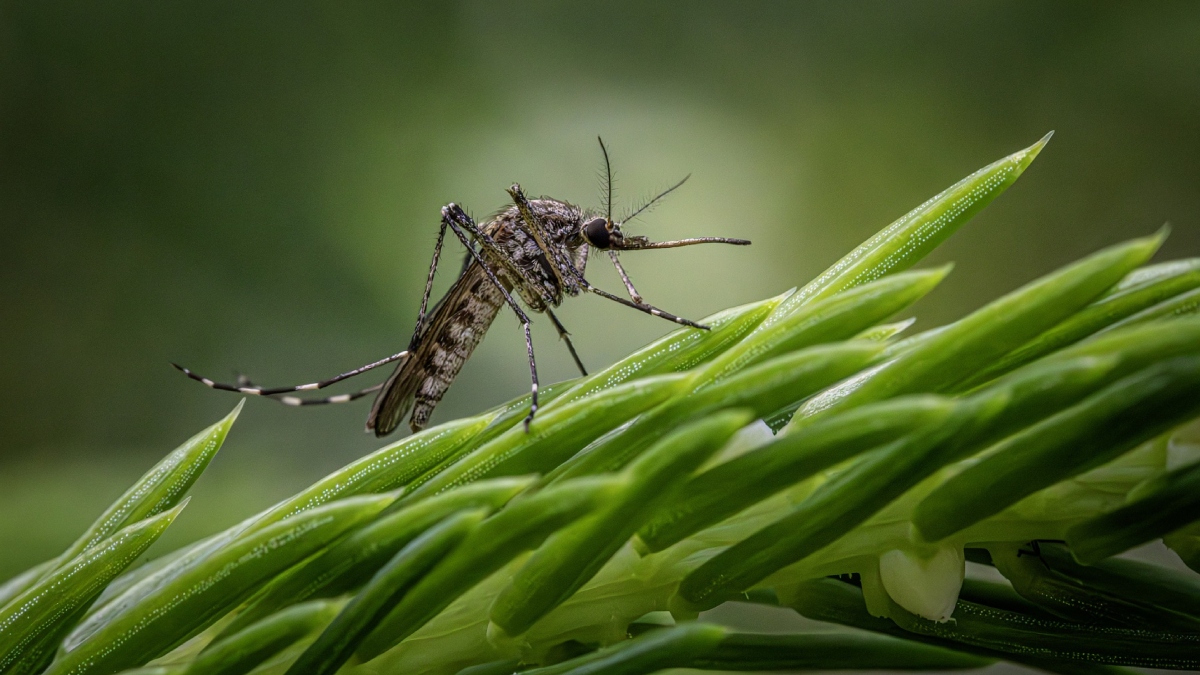Australian scientists are exploring a groundbreaking pest control method involving genetically engineered mosquitoes that could reduce the spread of tropical diseases like malaria and dengue fever. The approach, dubbed the “toxic male technique,” involves breeding male mosquitoes whose semen contains venomous proteins, causing female mosquitoes to die after mating.
According to an AFP report, researchers at Macquarie University in Australia believe this strategy could match the speed of pesticides while avoiding harm to beneficial species. “This innovative solution could transform how we manage pests, offering hope for healthier communities and a more sustainable future,” said scientist Sam Beach.
Initial trials using fruit flies demonstrated the potential of the technique, with female flies that mated with “toxic” males showing a significantly shorter lifespan. The team, led by researcher Maciej Maselko, plans to test the method on mosquitoes and conduct extensive safety evaluations to ensure no unintended risks to humans or other species.
Unlike traditional genetic engineering methods that release sterile males to curb mosquito populations, this new approach actively targets and kills biting female mosquitoes, which are responsible for spreading diseases. Computer models suggest this technique could be more effective in reducing disease transmission.
The findings were published in the peer-reviewed journal Nature Communications on Tuesday.






